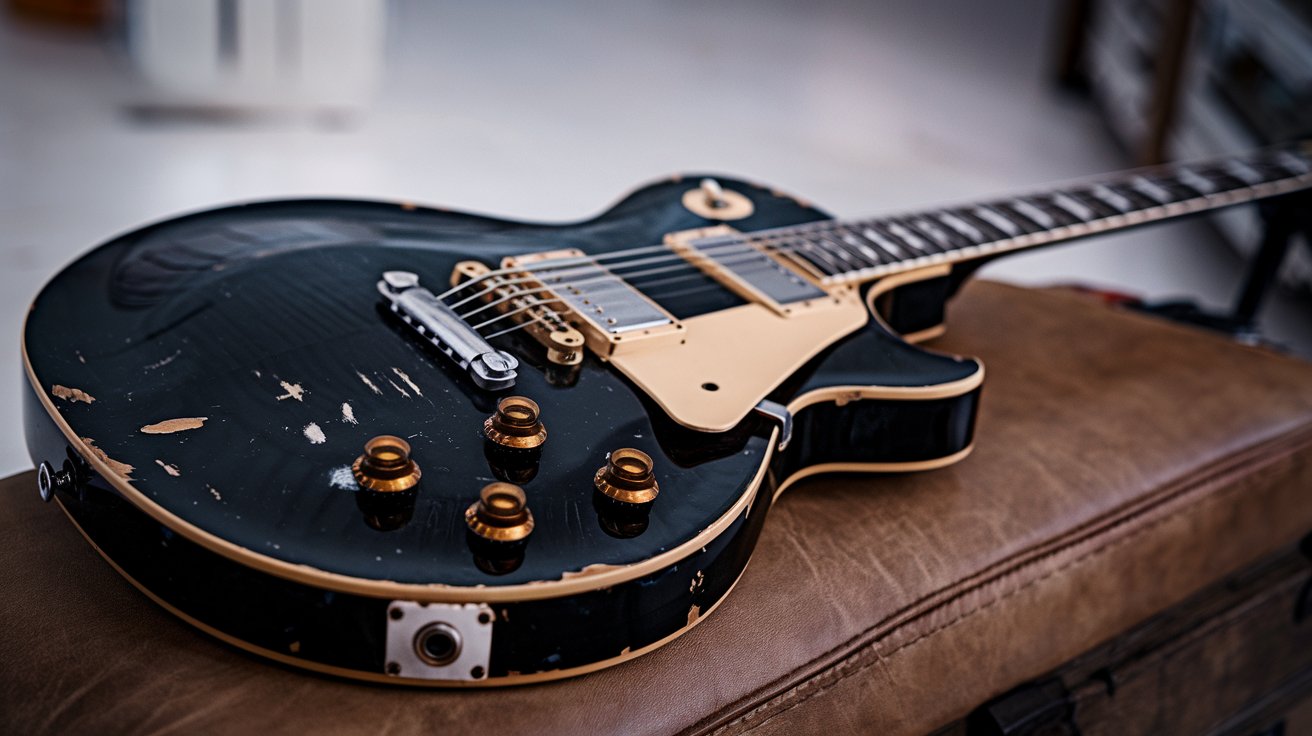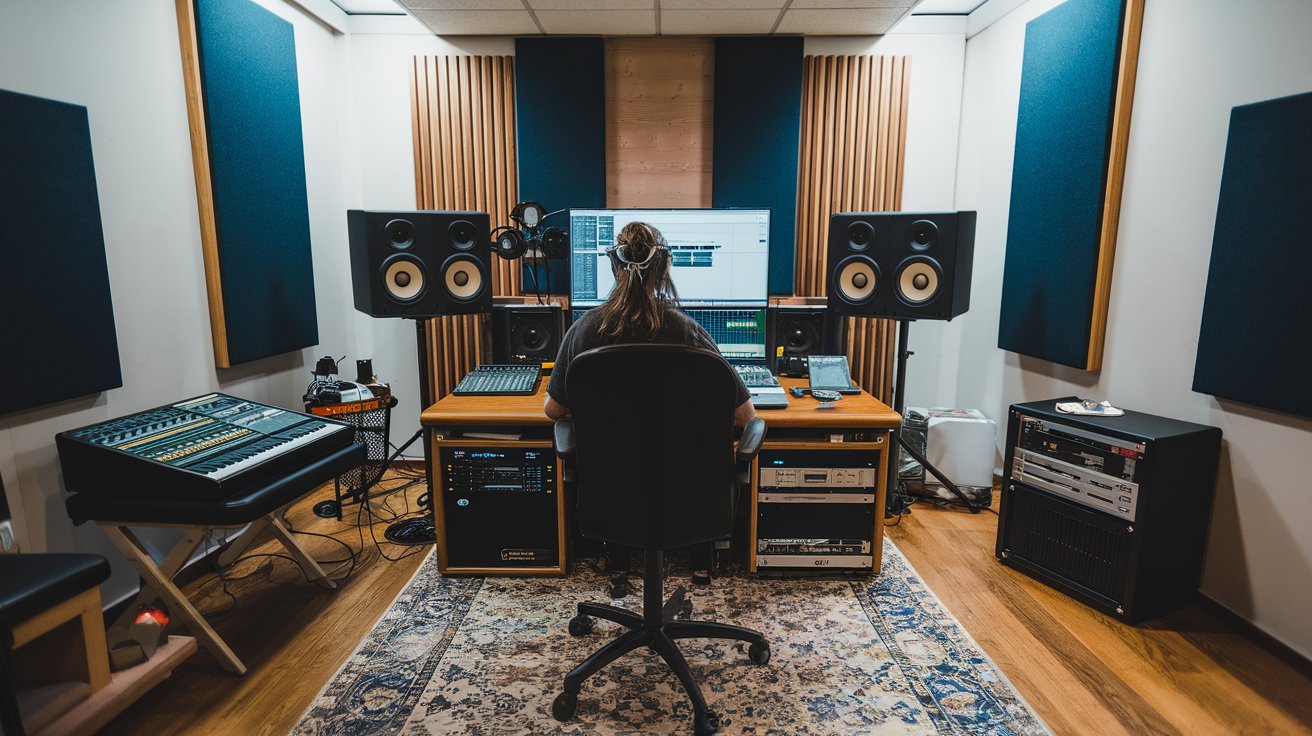How Long Should You Practice For?
How Long Should You Practice For?
One of the most common questions that students and parents ask when beginning music lessons is: How long should I practice each day? The answer to this question can vary depending on the student’s age, skill level, and musical goals, but one thing is certain—consistent practice is key to making progress and becoming a better musician.
In this post, we’ll explore how long you should practice each day, tips for making your practice sessions more effective, and how to strike a balance between practicing enough to improve and avoiding burnout. Let’s dive in!
The Importance of Consistent Practice
Before we get into the specifics of practice time, it’s important to understand why practice is so essential. Learning an instrument is like building a muscle—regular practice strengthens your skills and helps you develop muscle memory, which is crucial for playing music with ease and confidence. The more consistently you practice, the faster you’ll see progress in your playing.
That said, practice quality is just as important as practice quantity. Spending hours practicing without focus or direction won’t yield the same results as shorter, more intentional practice sessions. It’s all about finding the right balance between time spent and the effectiveness of that time.
Practice Recommendations Based on Skill Level
Beginner (0-6 months)
For beginners, the focus should be on building basic skills and developing a consistent practice habit. At this stage, short but frequent practice sessions are the most effective way to progress.
- Recommended Practice Time: 15-30 minutes per day
- Goal: Build a foundation of skills, develop finger strength, and establish a practice routine.
- Tip: Break your practice time into smaller segments. For example, practice for 10 minutes in the morning and 10 minutes in the evening.
Intermediate (6 months – 2 years)
As students move into the intermediate stage, they’ll have a wider repertoire and more technical challenges to work on. Practice sessions can be lengthened to allow for more in-depth work on technique, repertoire, and music theory.
- Recommended Practice Time: 30-60 minutes per day
- Goal: Develop technical proficiency, expand repertoire, and improve sight-reading skills.
- Tip: Divide your practice time into focused segments, such as 15 minutes of scales and exercises, 20 minutes of repertoire, and 10 minutes of music theory.
Advanced (2+ years)
Advanced students have a deeper understanding of their instrument and are working on mastering complex pieces, techniques, and performance skills. At this level, longer practice sessions are often necessary to achieve higher levels of mastery.
- Recommended Practice Time: 60-120 minutes per day
- Goal: Refine technique, perfect performance pieces, and develop musical expression.
- Tip: Focus on quality over quantity. Make sure each practice session has a clear goal, whether it’s mastering a difficult passage or working on phrasing and dynamics.
How to Make Your Practice Time More Effective
No matter how long you practice, the quality of your practice is what truly matters. Here are some tips to help you get the most out of your practice sessions:
1. Set Clear Goals
Before you start practicing, set a specific goal for your session. This could be anything from learning a new piece of music to perfecting a tricky passage or working on your timing. Having a clear goal helps you stay focused and ensures that your practice time is productive.
2. Break It Down
If you’re working on a complex piece of music, break it down into smaller sections. Practice each section slowly and carefully before gradually increasing the tempo. This approach helps you master the details without feeling overwhelmed.
3. Use a Metronome
Timing is everything in music, and using a metronome can help you develop a strong sense of rhythm. Start slow and gradually increase the tempo as you become more comfortable with the piece.
4. Focus on Difficult Areas
It’s easy to spend your practice time playing through the parts of the music you’re already good at, but this won’t help you improve. Instead, focus on the challenging sections. Isolate those difficult measures and practice them repeatedly until they become second nature.
5. Take Breaks
Long practice sessions can be mentally and physically draining. Be sure to take short breaks to rest your mind and body. A 5-minute break every 30 minutes can help you stay fresh and focused throughout your practice session.
6. Stay Consistent
Consistency is key when it comes to practicing. It’s better to practice for 30 minutes every day than to practice for three hours once a week. Regular, daily practice helps reinforce what you’ve learned and keeps your skills sharp.
Balancing Practice with Rest
While regular practice is essential for improvement, it’s also important to listen to your body and mind. Practicing for long periods without taking breaks can lead to burnout or even physical strain, especially for instruments that require a lot of hand or vocal muscle use.
Signs You May Need a Break:
- Physical Fatigue: Sore hands, fingers, or vocal cords are signs that your body needs rest.
- Mental Fatigue: If you find yourself losing focus or getting frustrated easily, it might be time for a break.
- Loss of Motivation: If you start to feel like practicing is a chore rather than a joy, stepping back for a short period can help you regain your enthusiasm.
It’s okay to take a day off from practicing now and then. Sometimes, giving your mind and body a rest can lead to more productive practice sessions in the long run. Just be sure that rest days don’t turn into extended breaks that slow down your progress.
Tailoring Practice to Your Goals
The amount of practice time you need can also depend on your personal goals as a musician. If you’re preparing for a performance, competition, or exam, you may need to increase your practice time to ensure you’re fully prepared. On the other hand, if you’re learning music purely for enjoyment, you can tailor your practice sessions to fit your lifestyle and interests.
Consider These Questions:
- Are you working toward a specific goal, such as a recital or audition?
- Do you enjoy the process of practicing, or does it feel like a chore?
- Is your current practice routine helping you progress, or do you feel stuck?
Answering these questions can help you determine how much time you should spend practicing and how to adjust your routine to meet your needs.
Conclusion
There’s no one-size-fits-all answer to the question, How long should you practice for? It ultimately depends on your skill level, goals, and personal preferences. What’s most important is that you practice consistently and with purpose. Whether you’re spending 15 minutes a day or two hours a day, focused and intentional practice will help you make steady progress and enjoy the process of learning music.
Remember, practice isn’t just about putting in the time—it’s about making the most of the time you have. So, set your goals, stay consistent, and most importantly, have fun with your musical journey!





